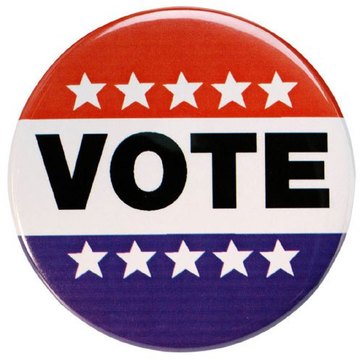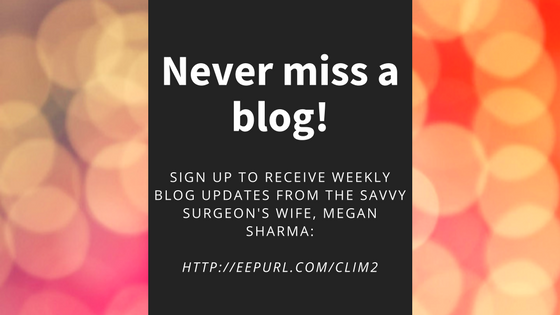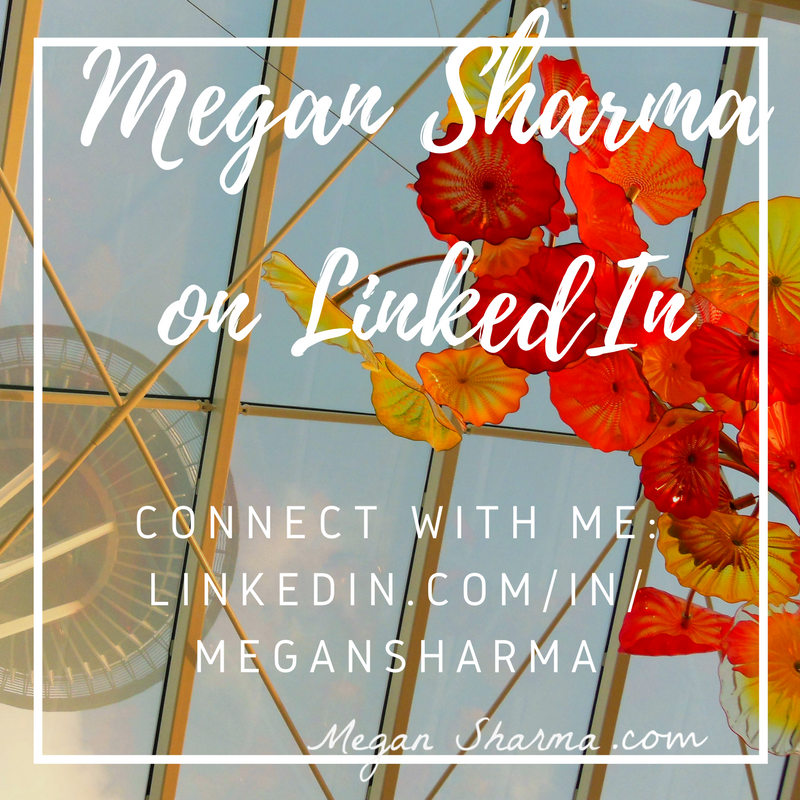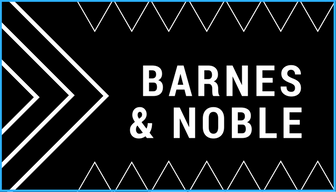I wore brightly colored button down shirts from Express, wide leg black Banana Republic dress pants, and pointy toed Nine West pumps almost every day. That was my professional uniform until I figured out the whole style at work thing.
I never planned to work on a political campaign. I sort of fell into it.
I had recently completed a communications internship with the Washington State Senate and a few months as a Public Affairs Assistant for the Attorney General’s Office, so I had many contacts in government and politics.
One of my closest friends put me up for a job as a Finance Assistant on a U.S. Senate campaign in Seattle. Even though math has never been my strong suit (hence the career as a writer), I estimated my ability to learn quickly rather highly and convinced the team to hire me. I was only the third or fourth person hired onto the campaign, shortly following the campaign manager and IT guy.
I learned almost immediately that I had no idea how to use Excel. Oops. After a few weeks, I also realized that a “Finance Assistant’s” primary role is to do everything in his or her power to bring in cash money to the campaign.
Despite the knots in my stomach that never seemed to untangle, I became an expert at cold calling for dollars. I helped with target lists for donors and I wrote a bazillion ‘personal’ thank-you letters to those who had coughed up cash on behalf of the candidate. More than 130 letters in a few short months, to be exact. I kept track of those who had maxed out their legal contributions and helped brainstorm on who else might be out there with a big old check just waiting to be written.
When I wasn’t cold calling and feigning gratitude to people I had never met, I was staffing fundraiser upon fundraiser, doing my best to schmooze with people more than three times my age and probably 100 times my income. Some of these fundraisers carried a price tag of $500 per plate. If you wanted a photo op with the keynote speaker, it was $1,000 or more.
As time went on and we entered the actual year of the election, the staff grew exponentially. We were constantly rearranging the office setup to accommodate more people.
We had a ping pong table, which was totally boss. It was a great stress reliever. Sometimes we even had beers in the office after 5:00 pm.
There were a ton of young staffers, all very congenial, while secretly doing everything they could to make themselves look good and their colleagues look like they should not have a job at the end of the campaign. The competition was cutthroat. The uncertainty was ever-present. Even if our candidate did win, who would he hire as his permanent staff? No one knew.
With a hard-negotiated $30,000 salary, I thought I was ballin’ pretty hard. And, in all honesty, I was probably one of the higher-paid staff members at my age and experience level. But when I was asked to buy things like MAC blot powder so the candidate’s head wouldn’t look shiny on camera, I was never reimbursed for the $30 expense. That’s a lot to a 22-year-old working on a political campaign!
Many days felt like marathons, working in the office all day and then staffing fundraisers until after 10:00 pm. Weekend work was normal.
When it became clear that my talents would be better suited on the communications side, rather than in finance, I became the Communications Assistant. My duties: reading and writing issue statements and responses to constituent mail (voters).
I had to respond to every letter with tact and grace, even to the crazy people. Over the course of four months, I wrote over 500 of these letters. I counted.
Then our second Campaign Manager decided to fire our Volunteer Coordinator. Since he didn’t want to spend the money to hire a replacement, I became the de facto Communications Assistant and Volunteer Coordinator.
I was responsible for liaising with volunteers across the state, but primarily for managing the volunteers who walked into campaign headquarters daily, at their own whim, and wanted something to do.
Many of these volunteers were fantastic and would do anything you asked of them. But others were annoyingly set on not doing any real work. The bulk of the work was stuffing and sealing envelopes. That’s something nobody wanted to do. I couldn’t just magically create tasks that did not exist.
Then there was the time a creepy and weird volunteer asked me if I was pregnant—more than once. No, I was not. Seriously? I never wore that shirt again.
Frequent coffee breaks were taken. Countless Hostess cupcakes were consumed.
I put a non-committal magnetized candidate bumper sticker on my car (brilliant invention!). I genuinely liked and believed in the candidate and wanted him to win the election, but it was hard work.
I even braved a candidate rally in the middle of downtown in a square that typically hosts some pretty hard-core protests. I was terrified that someone might punch me. Thankfully, I survived.
What did I get out of it? Well, the candidate didn’t win, unfortunately. I learned a lot about the nature of work and what a life in politics might be like. I decided it wasn’t for me.
Do you have any experience working in government and politics? What did you think of it?
NOW GET OUT AND VOTE ON NOVEMBER 8, 2016!!!


 RSS Feed
RSS Feed









